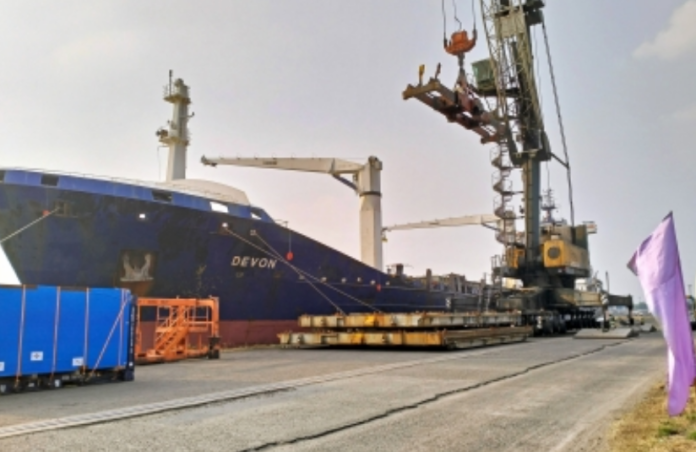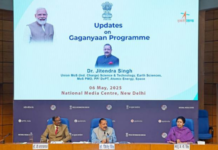New Delhi— India has revoked the transshipment facility previously extended to Bangladesh for routing its export cargo to third countries via Indian territory.
According to a circular issued by the Central Board of Indirect Taxes and Customs (CBIC) dated April 8, the earlier directive from June 29, 2020, which allowed such transshipments, has been rescinded with immediate effect. However, export cargo that has already entered India will be permitted to exit the country in accordance with procedures outlined in the now-revoked circular.
The 2020 policy had allowed the movement of Bangladeshi export goods to third countries through Indian Land Customs Stations en route to Indian ports and airports. This facilitated smoother trade flows for Bangladesh’s exports to countries like Bhutan, Nepal, and Myanmar.
Indian apparel exporters had previously urged the government to discontinue the arrangement, citing intense competition from Bangladesh’s textile industry, which benefits from significantly lower labor costs. There were also allegations that the facility was being misused in ways that undermined Indian exports.
Ajay Sahai, Director General of the Federation of Indian Export Organisations (FIEO), noted that Indian exporters had complained about reduced cargo space at airports due to the transshipment of Bangladeshi goods.
The decision comes at a time when the United States has raised tariffs on several countries, a move expected to negatively impact Bangladesh’s economy.
This development also follows recent controversial remarks by Professor Muhammad Yunus, Chief Adviser of Bangladesh’s interim government, during a visit to China. Yunus described Dhaka as the “only guardian of the ocean” for India’s landlocked Northeast, a statement widely viewed in India as an assertion of strategic leverage.
India responded strongly to Yunus’ comments, which have further strained diplomatic ties between New Delhi and Dhaka. His administration has been steering Bangladesh’s foreign policy closer to China, signaling a shift in regional alignments.
Additionally, ongoing concerns over the persecution of minorities in Bangladesh continue to be a point of contention in India-Bangladesh relations, with Dhaka’s stance on the issue failing to reassure New Delhi. (Source: IANS)







